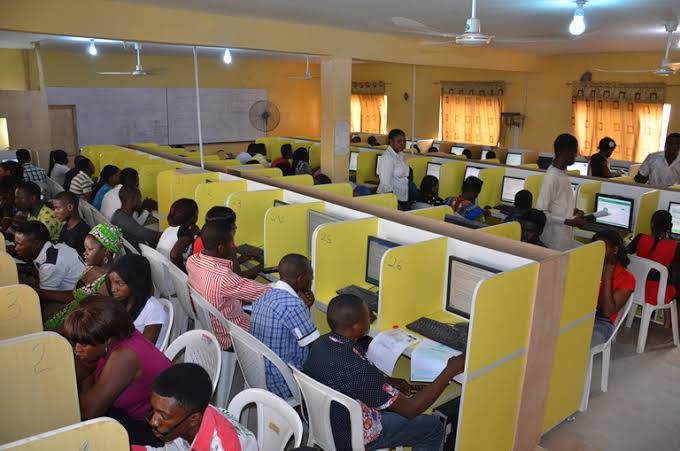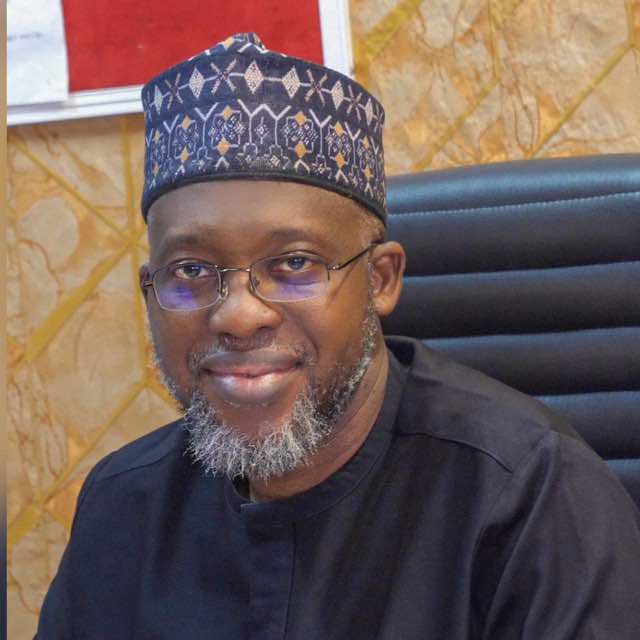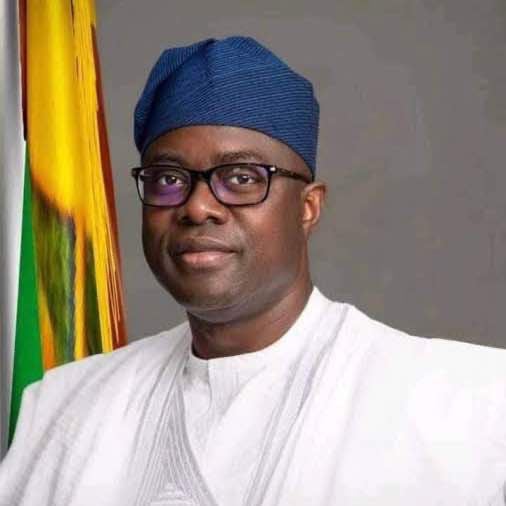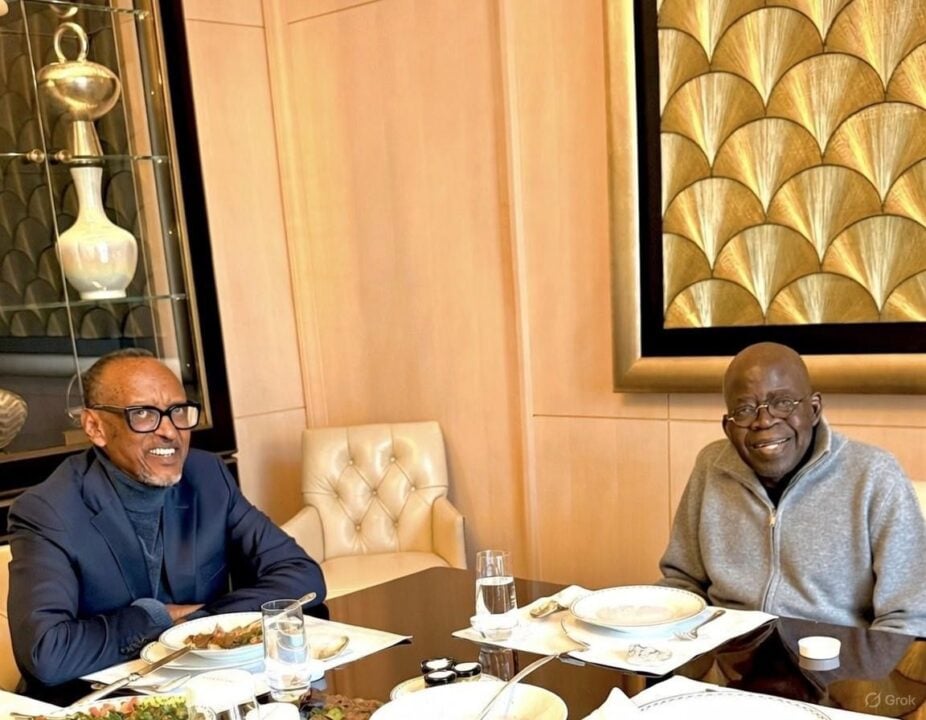
The National Assembly, consisting of the Senate and the House of Representatives, has proposed removing the Joint Admissions and Matriculation Board (JAMB) from the Federal Government’s grant allocation for the 2025 budget.
This suggestion follows the board’s failure to remit N4 billion to the federation account, despite receiving N6 billion in federal grants in 2024.
Lawmakers argue that JAMB, as a self-funding agency, should no longer receive government funding and should instead rely solely on its own generated revenue.
This position was made clear during a session where JAMB Registrar, Prof. Ishaq Oloyede, defended the board’s 2025 budget proposal before a joint committee led by Senator Sani Musa of APC, Niger East.
During the session, Oloyede reported that JAMB had remitted N4 billion to the consolidated revenue fund while receiving N6 billion from the government.
This raised concerns among committee members, including Abiodun Faleke and Senator Adams Oshiomhole, who questioned why a revenue-generating agency like JAMB should continue to receive federal allocations.
Faleke, Chairman of the House Committee on Finance, expressed frustration, asking, “You remitted N4 billion and received N6 billion from the federal government. Why not retain the N4 billion and cease government funding of JAMB?”
Oshiomhole criticized JAMB’s expenditure, particularly the N1.1 billion spent on meals and refreshments, suggesting that the agency was wasting funds generated from students, many of whom are from disadvantaged backgrounds.
He also questioned the agency’s N850 million spending on security, cleaning, and fumigation, as well as the N600 million spent on local travel. Oshiomhole further sought justification for the N6.5 billion allocated to local training, N1 billion for staff housing, and other expenses like N75 million on vehicle maintenance.
Earlier in the session, Senator Musa raised concerns about the low remittances from ministries, departments, and agencies (MDAs) to the federation account in 2024, despite their substantial revenues.
He highlighted this issue as a serious impediment to funding critical infrastructure and social services and pointed to potential inefficiencies, mismanagement, and revenue leakages.
Musa stressed that the committee’s role is to ensure financial transparency, accountability, and efficiency within the MDAs. He emphasized the need for accurate and comprehensive financial data to enhance the nation’s fiscal framework.
“We must work together for a stronger, more accountable financial system for Nigeria,” he concluded.
Advertisement







